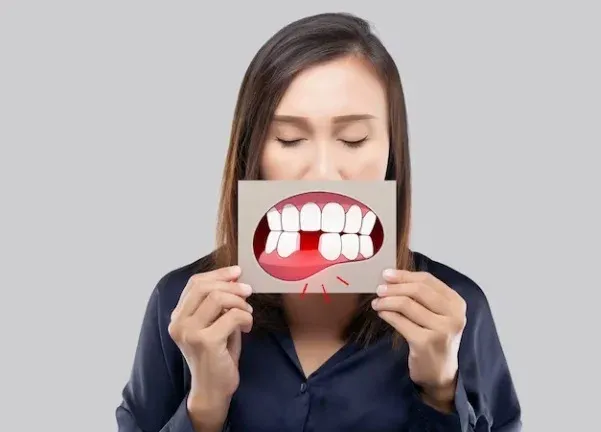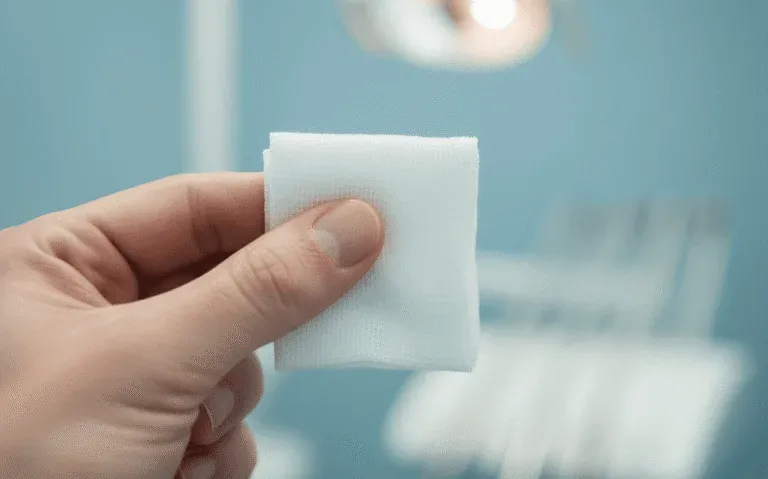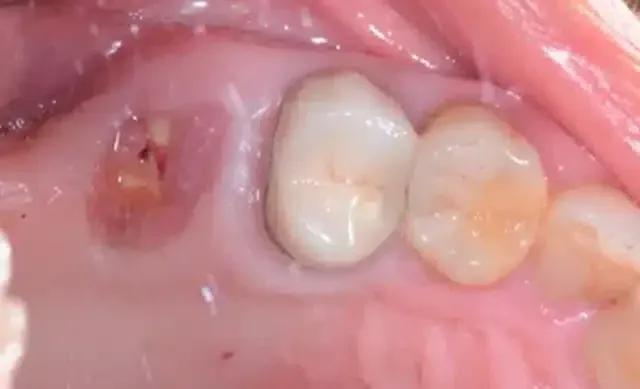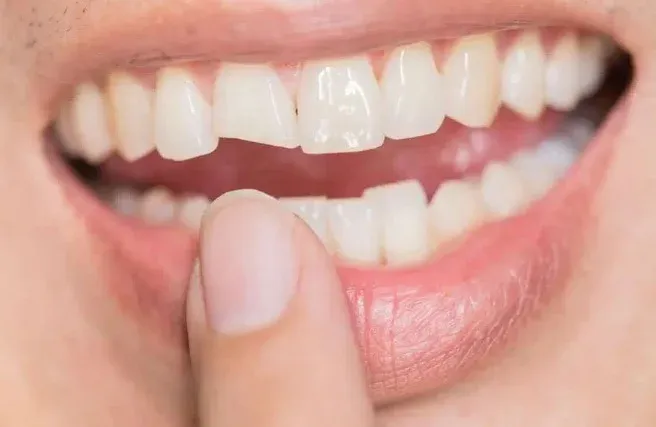Throbbing Pain After Wisdom Tooth Extraction: Here’s What to Do
It is usual to have pain or discomfort in the afflicted area after having a third…
It is usual to have pain or discomfort in the afflicted area after having a third molar removed.
Yet, throbbing discomfort may be an indication of an issue.Throbbing pain After wisdom teeth extraction may be caused by various sources.
Throbbing pain after wisdom tooth extraction:
After wisdom teeth extraction, throbbing pain is a frequent symptom that various circumstances can cause. Pain is typically caused by the body’s normal inflammatory reaction to surgical stress.
Inflammation can create swelling, which places pressure on surrounding tissues and nerves, resulting in pain.
The recuperation phase following wisdom teeth extraction can be unpleasant and somewhat painful.
However, most patients report minimal pain and discomfort with contemporary procedures and anesthetics.
In the first few days following an extraction, it is usual to suffer pain, swelling, and discomfort. Nonetheless, your dentist or oral surgeon will offer advice for pain management and reducing swelling, including taking pain medicines, using cold packs, and consuming soft foods.
To guarantee adequate recovery and avoid difficulties, it is vital to adhere precisely to all post-operative recommendations. There may be more discomfort or anguish if the extraction is more complicated, for example, if the wisdom teeth were impacted or if there were difficulties.
While wisdom teeth extraction may cause discomfort and agony during healing, surgery usually is well tolerated, and the benefits typically surpass the temporary inconvenience. If you have concerns about the treatment or suffer severe pain or difficulties following the extraction, you must contact your dentist immediately.
For pain management, your dentist or oral surgeon may offer over-the-counter pain treatments such as ibuprofen or acetaminophen or, if required, prescribe more potent drugs. Also, they may advise using cold packs or warm compresses to minimize swelling and facilitate recovery.
It is essential to adhere to any post-operative advice your dentist or oral surgeon advises, such as maintaining excellent oral hygiene and avoiding certain foods and activities that may impede recovery. Contact your dental care provider immediately if you have severe or prolonged pain, swelling, bleeding, or other symptoms to ensure appropriate healing and avoid any problems.
Symptoms of nerve damage after wisdom teeth removal:
Various factors, including tooth decay, tooth trauma, gum disease, and dental operations such as root canal therapy or extraction, can cause dental nerve injury. If you have a dental nerve injury, you must consult a dentist immediately.
Common indicators of dental nerve injury include
- Temperature-related discomfort or sensitivity.
- Pain during biting or chewing
- Swelling or discomfort in the gums around the damaged tooth
- Tooth discoloration
- Persistent unpleasant taste in the mouth
The severity and source of dental nerve injury will determine the treatment plan. Moderate instances may be treated with a filling or a crown. Yet, extreme circumstances can call for an extraction or root canal.
Your dentist can tell you if you have a unique situation and provide the finest recommendations.
After extracting wisdom teeth, it is typical to suffer numbness or tingling in the lips, tongue, or cheeks. This is often due to the operation momentarily affecting the nerves in the region.
But, if the tingling or numbness persists for a long time, it may indicate nerve injury.
Possible signs symptomes of nerve damage after wisdom teeth removal may include
- Persistent numbness or tingling in the lips, mouth, or cheeks;
- Loss of feeling in the affected region;
- Pain or discomfort in the affected area;
- Facial muscle weakness or paralysis;
- Trouble speaking or eating.
If you develop any of these symptoms following the removal of your wisdom teeth, you should call your oral surgeon or dentist immediately so they can examine your symptoms and identify the best strategy to treat the nerve damage. In some instances, the nerve injury may be transient and heal independently; however, in others, therapy may be required to restore nerve function.
How to heal nerve damage after wisdom teeth removal?
If you have nerve damage after having your wisdom teeth out, you should seek expert assistance from your dentist or oral surgeon.
Depending on the nerve injury’s severity and origin, several therapeutic methods are available.
Here are some strategies to aid you to know how to heal nerve damage after wisdom teeth removal:
In certain circumstances, nerve damage after the removal of wisdom teeth may heal over time.
If your dentist concludes that the nerve damage is not significant and there are no signs of
infection or inflammation, they may recommend that you wait a few months to see whether the nerve recovers on its own.
Medication: Your dentist may prescribe medication to alleviate nerve damage-related discomfort. These may include over-the-counter or prescription pain medicines such as gabapentin or amitriptyline.
In certain instances, surgery may be required to heal nerve damage. To repair or replace the injured nerves, your dentist or oral surgeon may propose a nerve repair operation, such as nerve grafting.
Physical treatment or occupational therapy may be prescribed to enhance the damaged area’s function and facilitate recovery.
It is essential to carefully adhere to your dentist’s recommendations and attend all follow-up sessions to ensure the nerve damage is appropriately repaired and monitor your progress.







